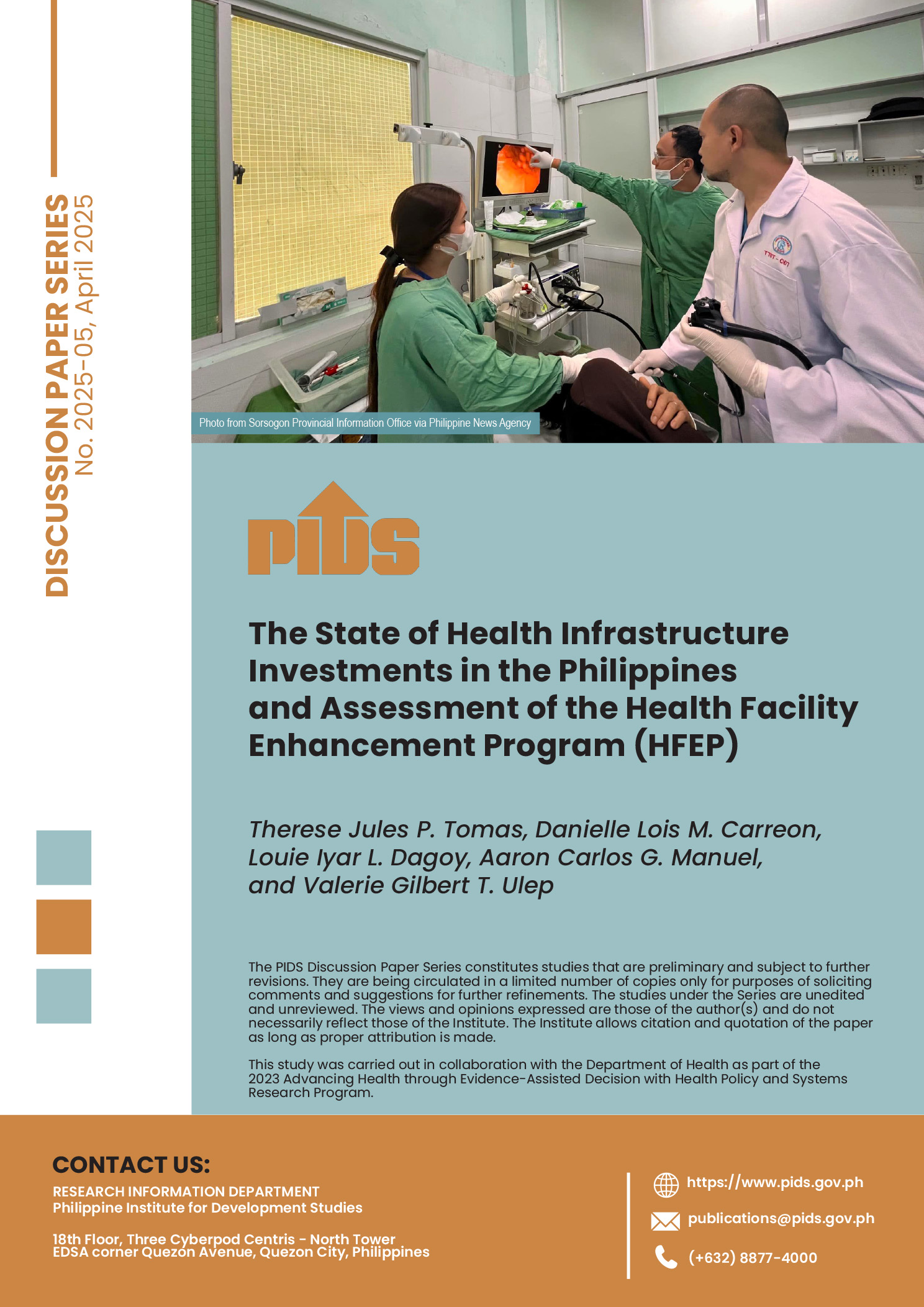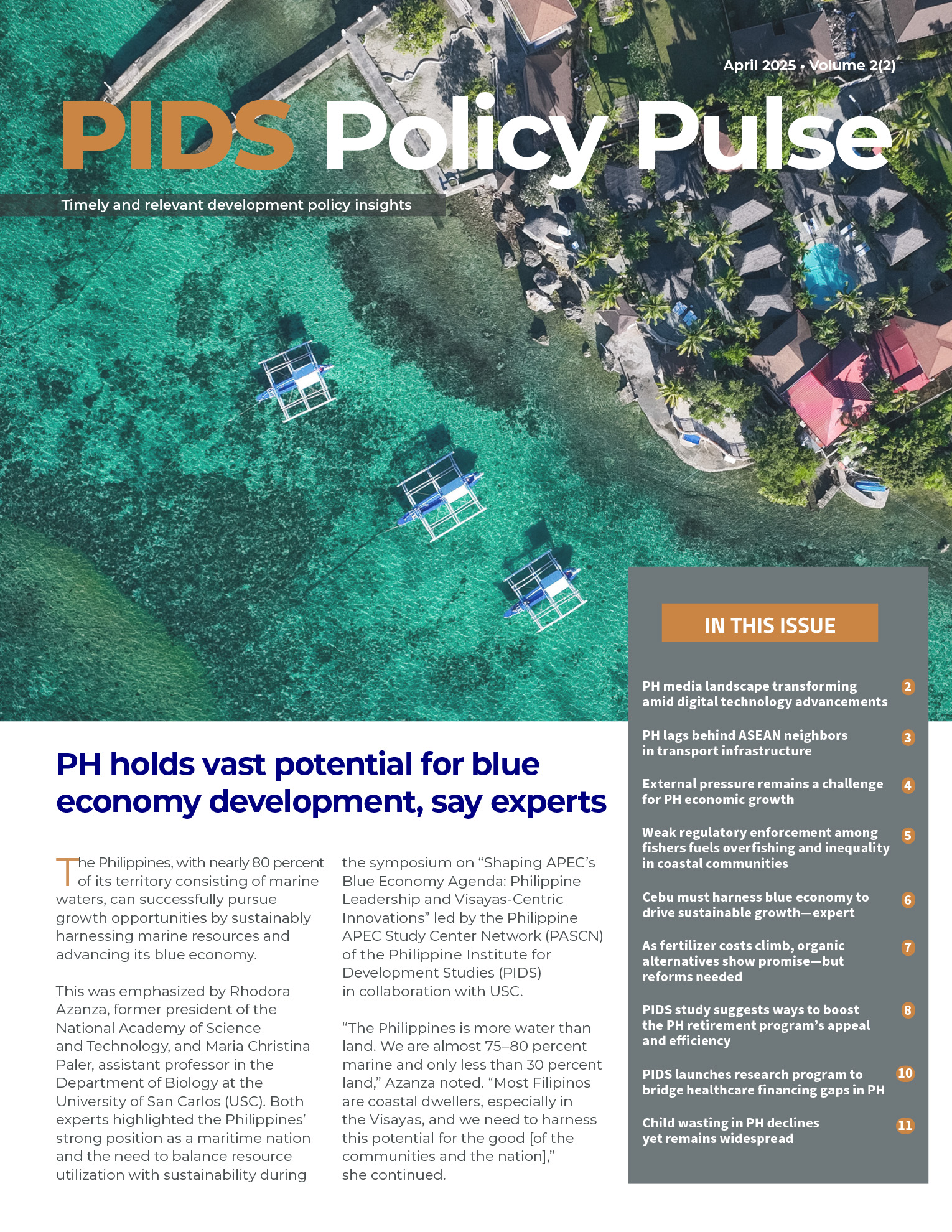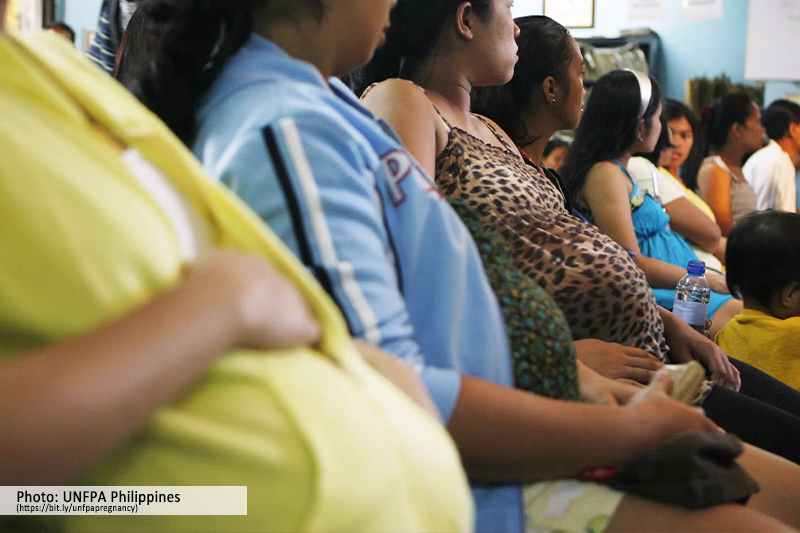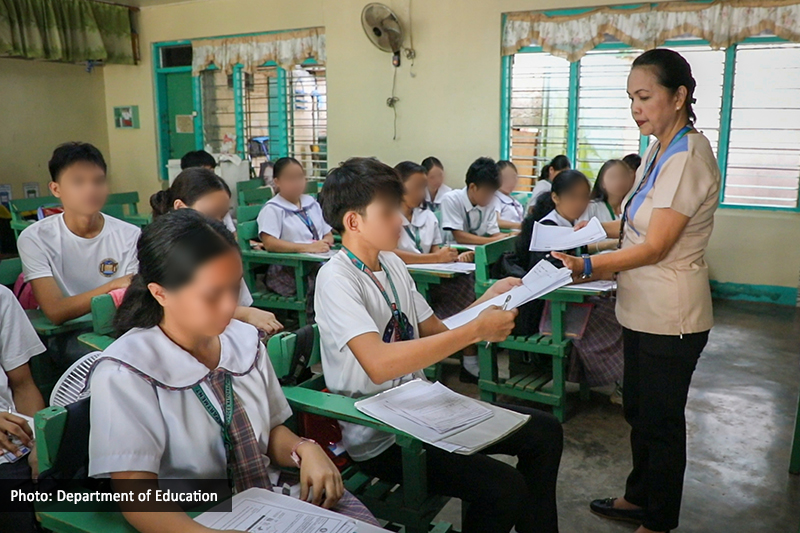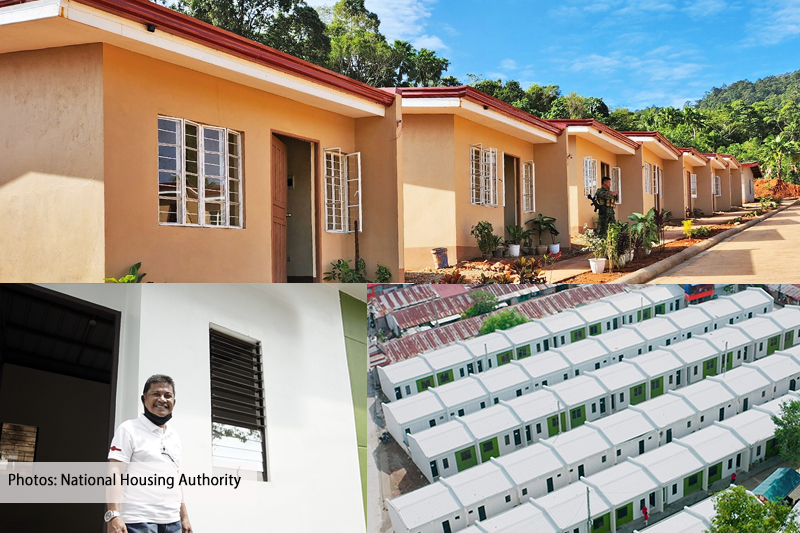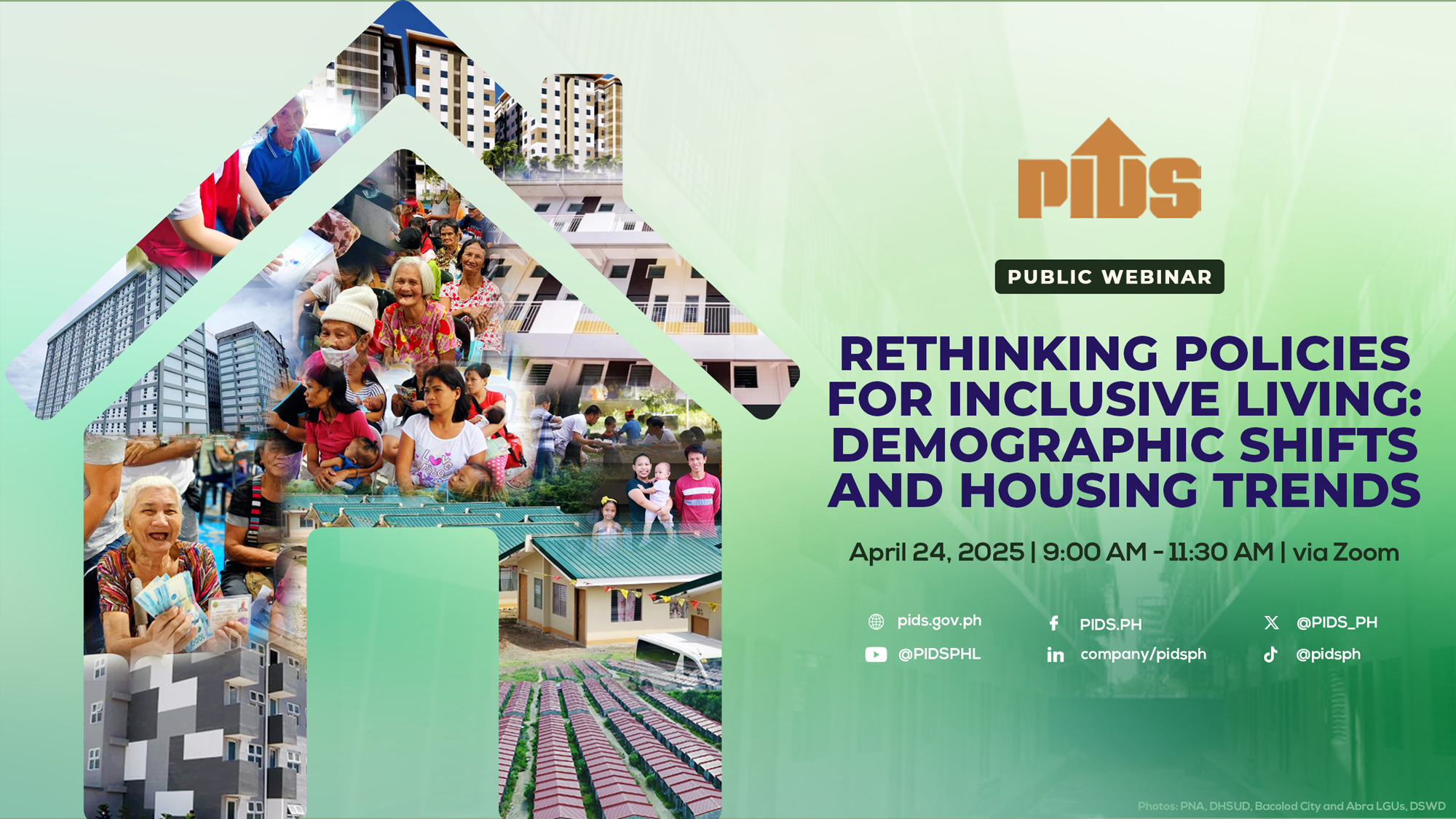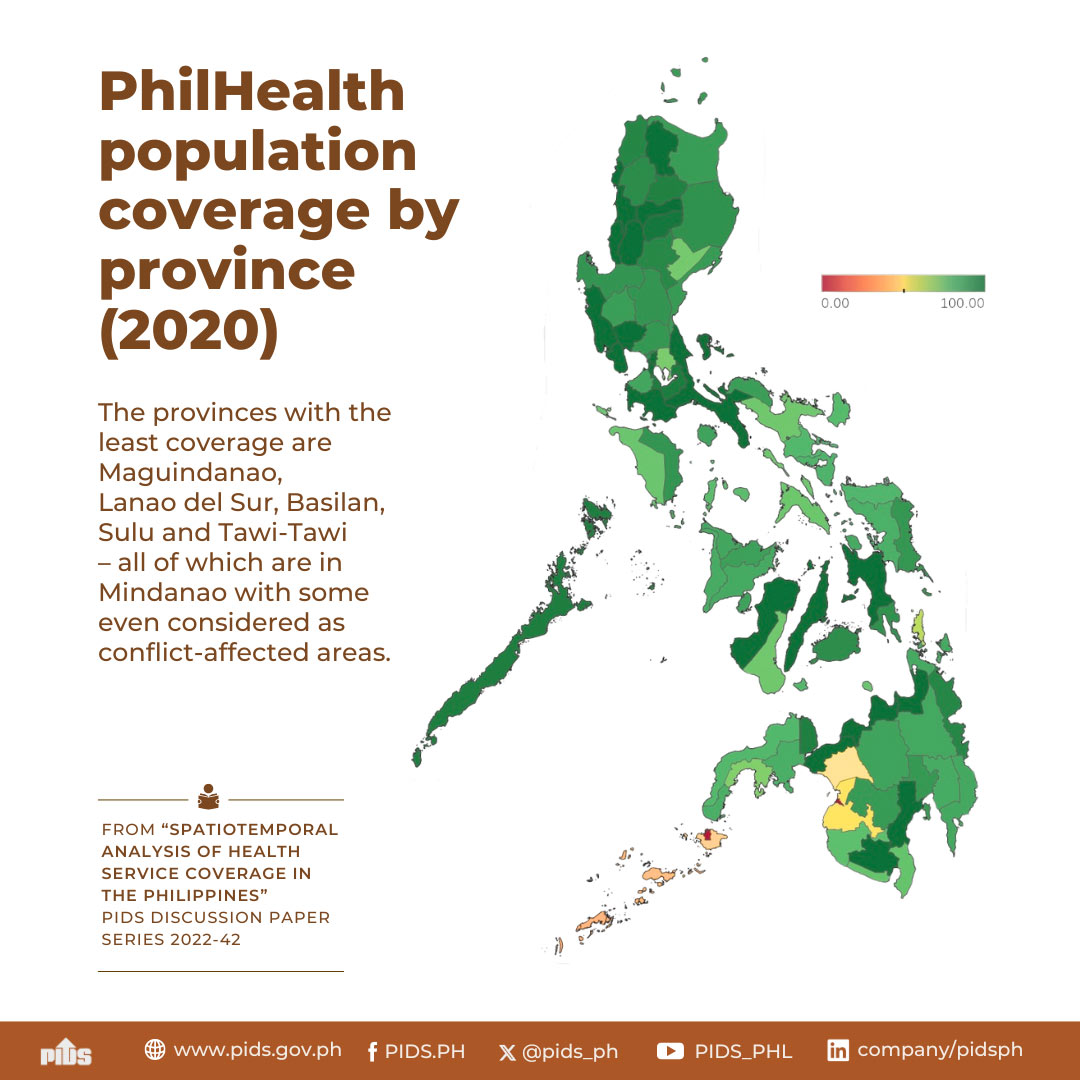
The latest GDP figure reported by the National Statistical Coordination Board places the Philippines as the fastest growing economy in the ASEAN region. It posted a growth rate of 7.5 percent in the second quarter, surpassing its neighbors. Having the same pace, the Philippines and China are now the fastest growing in Asia. Yet the question remains: Is this growth inclusive? This is a critical issue that the Philippine Institute for Development Studies (188体育) has continued to probe and shed light on. Thus, in celebration of the this September, the Institute has chosen the theme "Making Health More Inclusive in a Growing Economy". This is to highlight the pressing need to address a glaring socioeconomic inequity in the Philippines-the lack of inclusiveness of our economic growth in the aspect of health.
Providing affordable and quality health care to all Filipinos remains an elusive goal. Government hospitals bear the brunt of health care delivery, requiring more and more financial resources every year to deal with the ballooning population and the need to upgrade facilities. Benefits from the Philippine Health Insurance Corporation (PhilHealth) are insufficient to cover all medical and hospital expenses, and as a result, patients resort to borrowing money to pay for curative care. Access to health plans through health maintenance organizations or HMOs remains low as these are offered mainly by private health insurers that largely operate in the formal sector.
Research by 188体育 has explored many of these issues, pointing the way forward for policymakers. A team of 188体育 researchers, for instance, has found inefficient allocation of funds in health facilities nationwide, pointing to political maneuvering as one of the culprits. Results show that allocation of funds has been influenced by requests from politicians during budget deliberations, and House and Senate initiatives also tend to divert resources away from provinces that need upgrading of health facilities the most.
Meanwhile, a review of the government's cheaper medicines program by Research Consultant Oscar Picazo has found that programs such as the Botika ng Barangay (BnBs) and the Botika ng Bayan have contributed to making the retail drug market more competitive. However, with increasing competition from private retailers of generic drugs, their sustainability is a key issue that must be addressed. In particular, the insufficient financial and management support to the BnBs should be looked into. Continuous supply of drugs has been a major problem as well, which directly affects poor people's access to affordable and quality drugs in the rural areas. Supply replenishment has been found to be rooted in poor financing of drugs by the government and its fragmented drug procurement system (arising from the devolution of health services) that need to be pooled through some mechanism.
Policy research is crucial to pushing much-needed reforms in the health care sector. Know more about the issues such as the performance of public and private hospitals, compensation for public health workers, and government health programs for vulnerable sectors. Check out the following 188体育 studies which you can access through the 188体育 publications homepage or the SocioEconomic Research Portal for the Philippines (simply type 'health sector' in the Search box).


